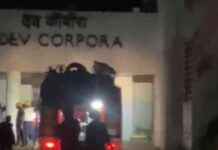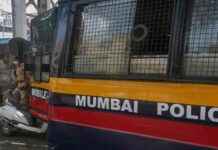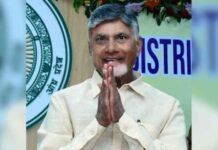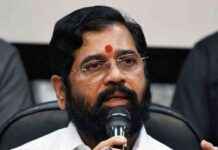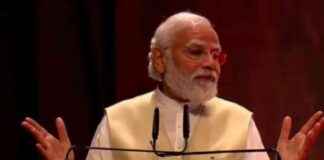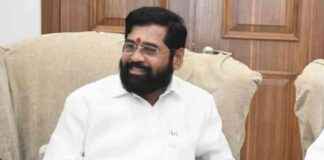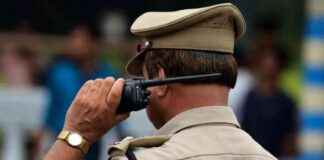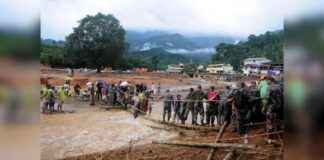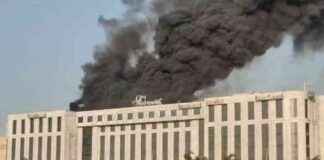The pandemic khichdi scam involving Shiv Sena’s Suraj Chavan has taken a new turn as the accused has been denied bail by the court in a ₹6.37 crore money-laundering case linked to BMC’s khichdi distribution during the Covid-19 pandemic. This decision by the Mumbai court has stirred up controversy and raised questions about the alleged involvement of Chavan in the scam.
The Denial of Bail
Suraj Chavan, a Shiv Sena functionary, was arrested on January 17, 2024, for his alleged role in a money-laundering case related to the scam involving the distribution of khichdi by the Brihanmumbai Municipal Corporation (BMC) among migrant workers during the Covid-19 pandemic. His bail plea was vehemently opposed by the Special Public Prosecutor (SPP) Sunil Gonsalves, who argued that there was substantial evidence indicating Chavan’s involvement in the fraudulent activities.
Chavan’s legal team, represented by senior counsel Ashok Munderji and advocate Harshad Bhadbhade, contended that the grounds for his arrest were not in accordance with Section 19 of the Prevention of Money Laundering Act (PMLA), 2002. They argued that the allegations against Chavan were not adequately substantiated and failed to establish his culpability in the alleged offence.
The denial of bail by the sessions court was a significant blow to Chavan, who had hoped to secure his release pending trial. The court’s decision was based on the failure of Chavan to satisfy the twin conditions laid down in Section 45 of the PMLA, which stipulates that bail can only be granted if there is prima facie satisfaction that the accused has not committed the offence and is not likely to commit any offence while on bail.
The Allegations Against Chavan
The Enforcement Directorate (ED) probe into the khichdi scam revealed damning evidence against Chavan, suggesting that he had received kickbacks from the contractor firm M/s Force One Multi Services. The ED alleged that Chavan had illicitly received ₹1.35 crore from the contractor, which had generated ₹3.64 crore through fraudulent means.
According to the ED, the funds were transferred to Chavan between June and December 2020, both as salary and personal loans. The agency claimed that Chavan had used his influence to help Force One Multi Services secure a khichdi supply contract with the BMC, despite the firm’s lack of proper qualifications and credentials for the job.
The probe found that Chavan had been present during the preparation of the khichdi and had been involved in the creation of forged documents to justify financial transactions related to the scam. The ED’s investigation also revealed that Force One Multi Services, the contractor firm, lacked the necessary licenses and qualifications to handle the supply of khichdi, as it was primarily engaged in providing construction materials and security services.
The Legal Battle
Chavan’s legal team has been fighting vigorously to secure his release on bail, citing legal precedents and arguments to challenge the grounds of his arrest. The senior counsel representing Chavan has invoked the judgment in the Arvind Kejriwal case to support their assertion that the grounds for arrest were insufficient and lacked compliance with the PMLA.
On the other hand, the SPP has maintained that the arrest of Chavan was in compliance with the established norms at the time and that the grounds for arrest were properly documented and provided to the accused. The SPP has emphasized the substantial evidence against Chavan, including his alleged involvement in the fraudulent activities related to the khichdi scam.
The denial of bail to Chavan by the court has raised questions about the fairness of the legal proceedings and the extent of his involvement in the scam. The case has attracted widespread attention and scrutiny, as it sheds light on the alleged corruption and malpractices in the distribution of essential supplies during the pandemic.
Conclusion
The denial of bail to Suraj Chavan in the pandemic khichdi scam case is a significant development that underscores the gravity of the allegations against him. The court’s decision to reject his bail plea based on the evidence presented by the ED raises concerns about the extent of his involvement in the fraudulent activities related to the BMC’s khichdi distribution.
As the legal battle continues, the public awaits further developments in the case to uncover the truth behind the alleged scam and hold those responsible for their actions. The denial of bail to Chavan serves as a reminder of the importance of upholding the rule of law and ensuring accountability in cases of corruption and financial malpractices.

